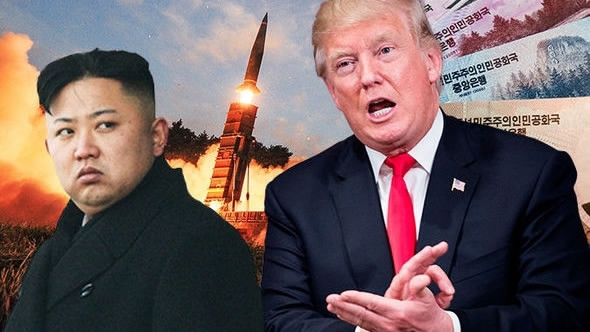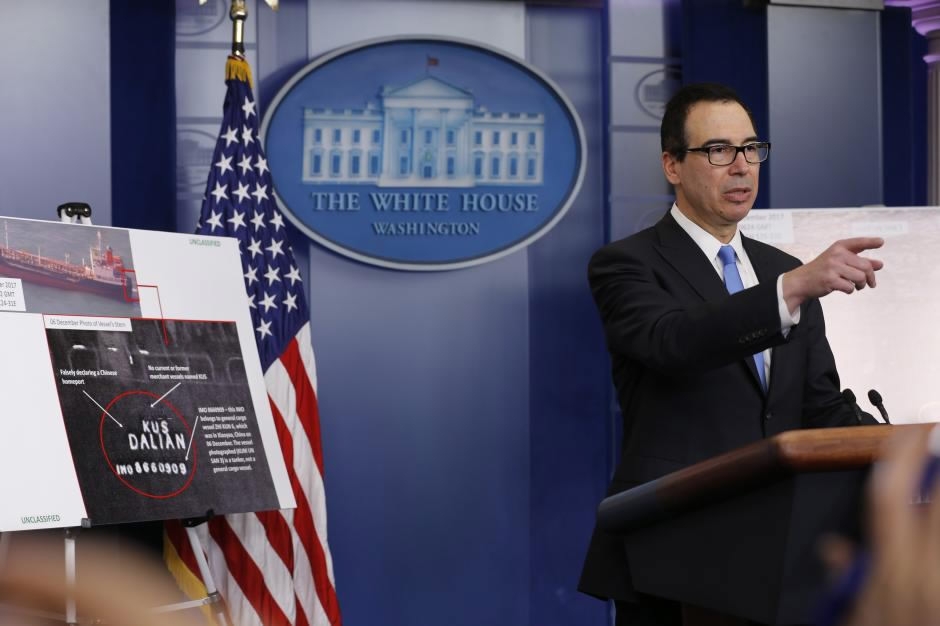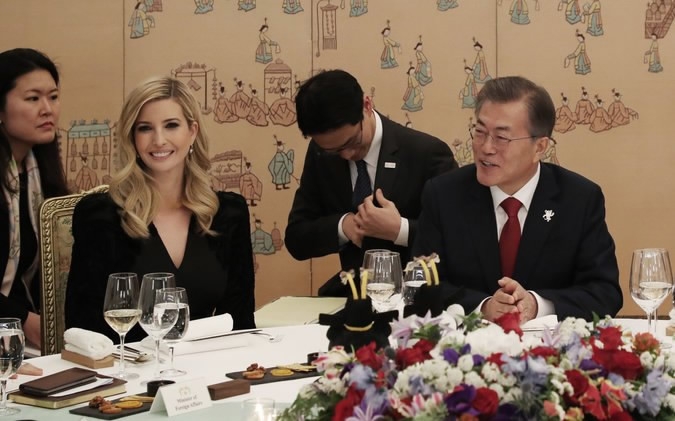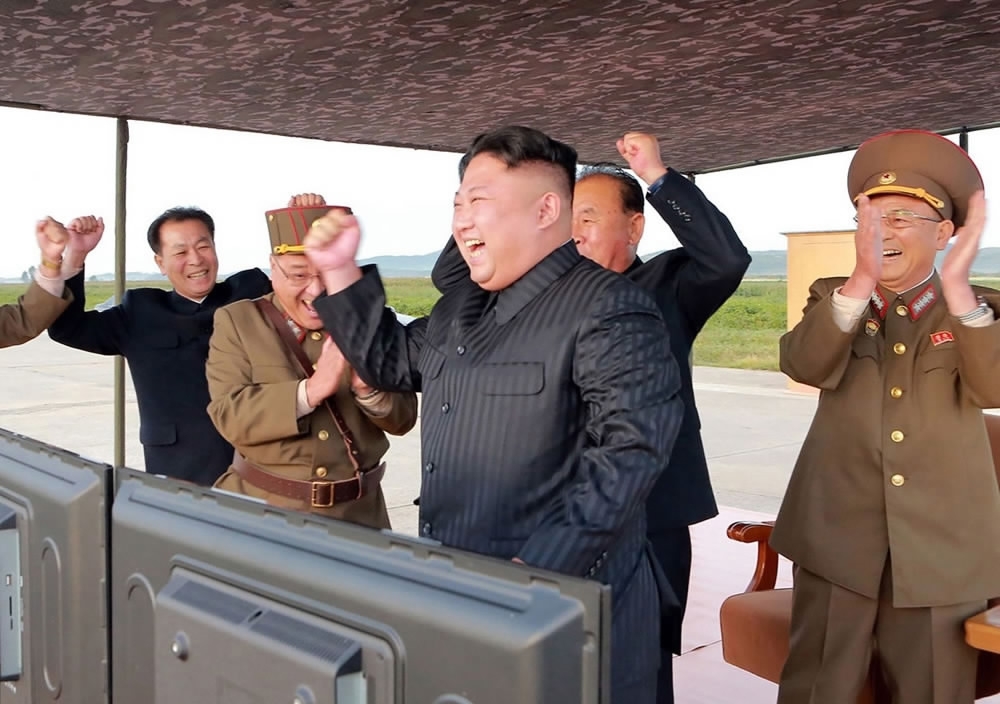
Opinions
14:00, 25-Feb-2018
Opinion: The better option for Korean Peninsula denuclearization
Guest Commentary by Victor Gao

On Saturday, as his daughter Ivanka was arriving in PyeongChang for the closing ceremony of the Winter Olympics, US President Donald Trump declared the “largest ever” sanctions against the Democratic People’s Republic of Korea (DPRK). The US Department of the Treasury announced measures against 56 entities and individuals aimed at cutting the supply of funds for the DPRK’s nuclear weapons program.
The high expectations created by the joint participation in the PyeongChang Winter Olympics by the DPRK and the Republic of Korea (ROK) seem to have been shattered by the US sanctions. Concerns were raised about whether the US may take even more extreme action, worsening the crisis on the Korean Peninsula. All the claims and threats coming out of the DPRK suggest that its weapons are real and ready to use, so the stakes are getting higher and higher and the threat to peace more and more ominous.

US Treasury Secretary Steven Mnuchin briefs on the DPRK at the White House in Washington, US, Feb. 23, 2018. /Reuters Photo
US Treasury Secretary Steven Mnuchin briefs on the DPRK at the White House in Washington, US, Feb. 23, 2018. /Reuters Photo
It is important to note that few countries support the illegal nuclear weapons program of the DPRK and most countries demand an end to it. The UN Security Council has adopted a whole series of resolutions imposing sanctions on the DPRK. Over the years, China has resolutely supported these resolutions, and has been faithfully implementing them for the goal of denuclearizing the Korean Peninsula.
On the other hand, it is also important to note that sanctions are necessary but insufficient on their own to achieve denuclearization. Therefore, the “toughest sanctions in history” announced and imposed by the US on February 24 most likely will fail to deliver any real results.
If it is serious about denuclearization of the Korean Peninsula, the US needs to make an important choice between peace and war. As a matter of fact, in the overall context of nuclear weapons, war is not a viable option – it will bring catastrophe not only to this region but beyond. Therefore, the best option available for the US is to sit down at the negotiating table with the DPRK.

South Korean President Moon Jae-In talks with Ivanka Trump during their dinner at the Blue House in Seoul, South Korea, Feb. 23, 2018. /AP Photo
South Korean President Moon Jae-In talks with Ivanka Trump during their dinner at the Blue House in Seoul, South Korea, Feb. 23, 2018. /AP Photo
A solution to the Korean nuclear weapons crisis will need to include the following key elements:
● The discontinuation and abolishment of the nuclear weapons program and the related R&D and other capacities of the DPRK
● A fundamental arrangement safeguarding the DPRK’s sovereignty and territorial integrity
● Replacing the Armistice Agreement with a Peace Agreement involving the major combatants of the Korean War
● Normalization of relations between the DPRK and the US
None of these important objectives can be achieved without the US and the DPRK engaging with each other in negotiations.
By imposing more and more sanctions, and by refusing to discuss with the DPRK, how to achieve denuclearization through peaceful means? The US is in reality magnifying the threat.

DPRK leader Kim Jong Un (C) inspects a launching drill of medium-and-long range strategic ballistic rocket Hwasong-12, Sept. 2017. /VCG Photo
DPRK leader Kim Jong Un (C) inspects a launching drill of medium-and-long range strategic ballistic rocket Hwasong-12, Sept. 2017. /VCG Photo
Will the US still restart the joint military exercises with the ROK despite it being viewed by the DPRK as existential threats? President Trump tweeting again about “fire and fury” may destroy any remaining hope for peace on the Korean Peninsula.
We urge Trump and the US to put a premium on peace and use the only viable option to negotiate with the DPRK. Time may run out and the tipping point may come soon. There will be no winner if war, conventional or nuclear, breaks out. The better option for the US is to choose diplomacy.
(Victor Gao is chairman of the China Energy Security Institute and vice president of the Center for China and Globalization. The article reflects the author’s opinion, not necessarily the view of CGTN.)

SITEMAP
Copyright © 2018 CGTN. Beijing ICP prepared NO.16065310-3
Copyright © 2018 CGTN. Beijing ICP prepared NO.16065310-3